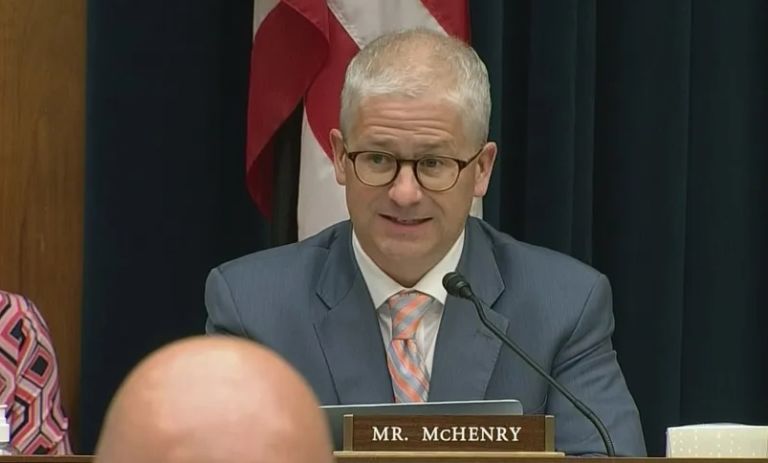Jim Geraghty of National Review Online takes issue with the latest pronouncement from President Biden’s top spokeswoman.
[E]asily overlooked in [Monday’s] White House press briefing:
Q: Is the White House open to using those leftover funds to fund the ultimate [infrastructure] bill?
MS. PSAKI: Well, one, there’s minimal, very small amounts that would be leftover. And many of those small amounts have already been allocated or they are to help small businesses, help keep cops and firefighters on the beat.
That is not correct.
The Committee for a Responsible Federal Budget is attempting to track the federal pandemic relief money as it gets spent. According to their charts, out of the $900 billion authorized to be spent through administration actions, $700 billion has been allocated; out of the $5.9 trillion authorized to be spent through legislative actions, $4.3 trillion has been allocated, and out of the $6.3 trillion authorized to be spent through Federal Reserve actions, only $3.3 trillion has been allocated.
Even if we just stick to the administrative and legislative actions, that’s about $1.8 trillion – not exactly chump change. As of June 8, the CRFP wrote, “around $4.2 trillion has either been committed or disbursed from the $5.9 trillion ($5.2 trillion net) of enacted COVID relief to date.”
Not only does the federal government have pandemic relief funds that haven’t been spent yet, several states are finding themselves with more money than they need or expected. States that are receiving tens or hundreds of billions of dollars in federal relief are simultaneously announcing surpluses from larger-than expected tax revenues. …
… According to the state of Hawaii’s data, the federal government has sent the state $18 billion and about $11 billion has been spent so far.
It is hard to see why these unspent funds, originally allocated for expenses like COVID-19 testing, contact tracing and personal protective equipment — expenses that should be declining as the pandemic’s effect on American life shrinks –cannot be shifted over to infrastructure projects.
In other words, no, these are not “minimal, very small amounts,” as Psaki claims.


